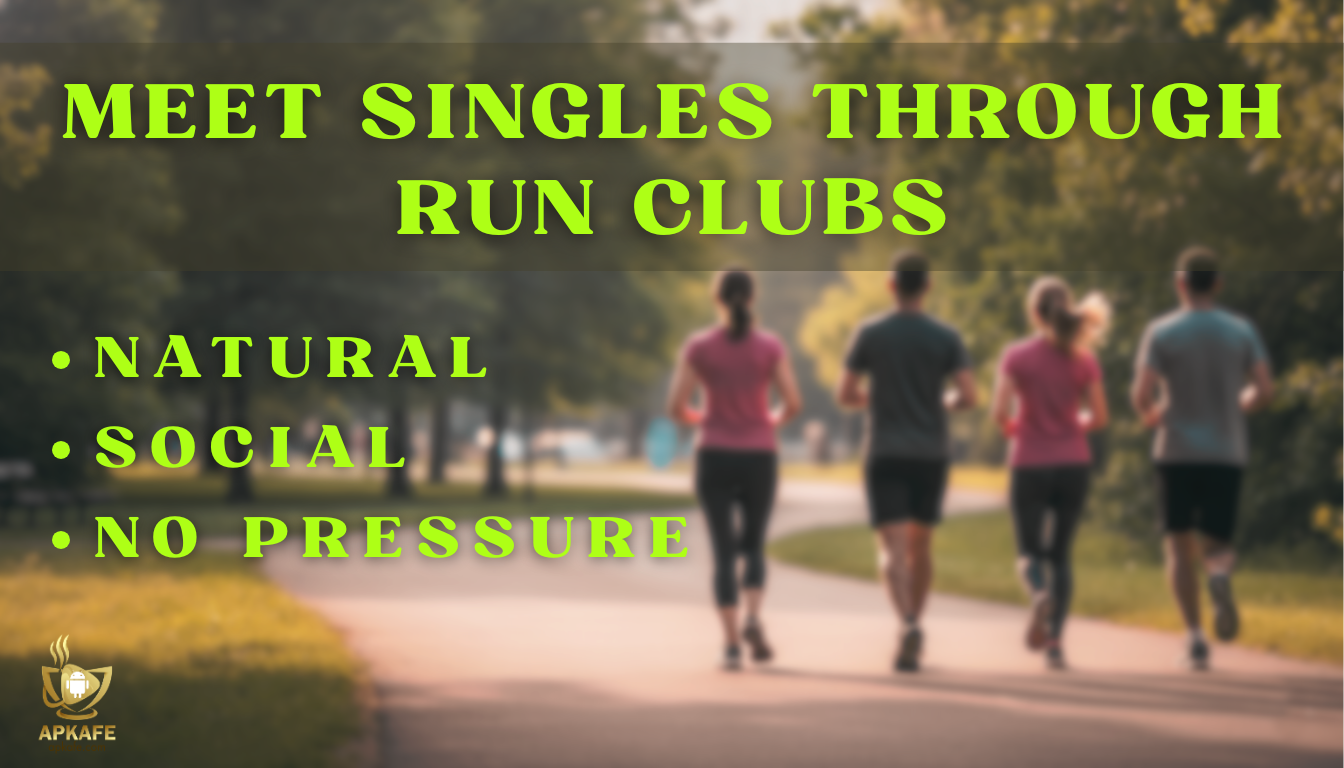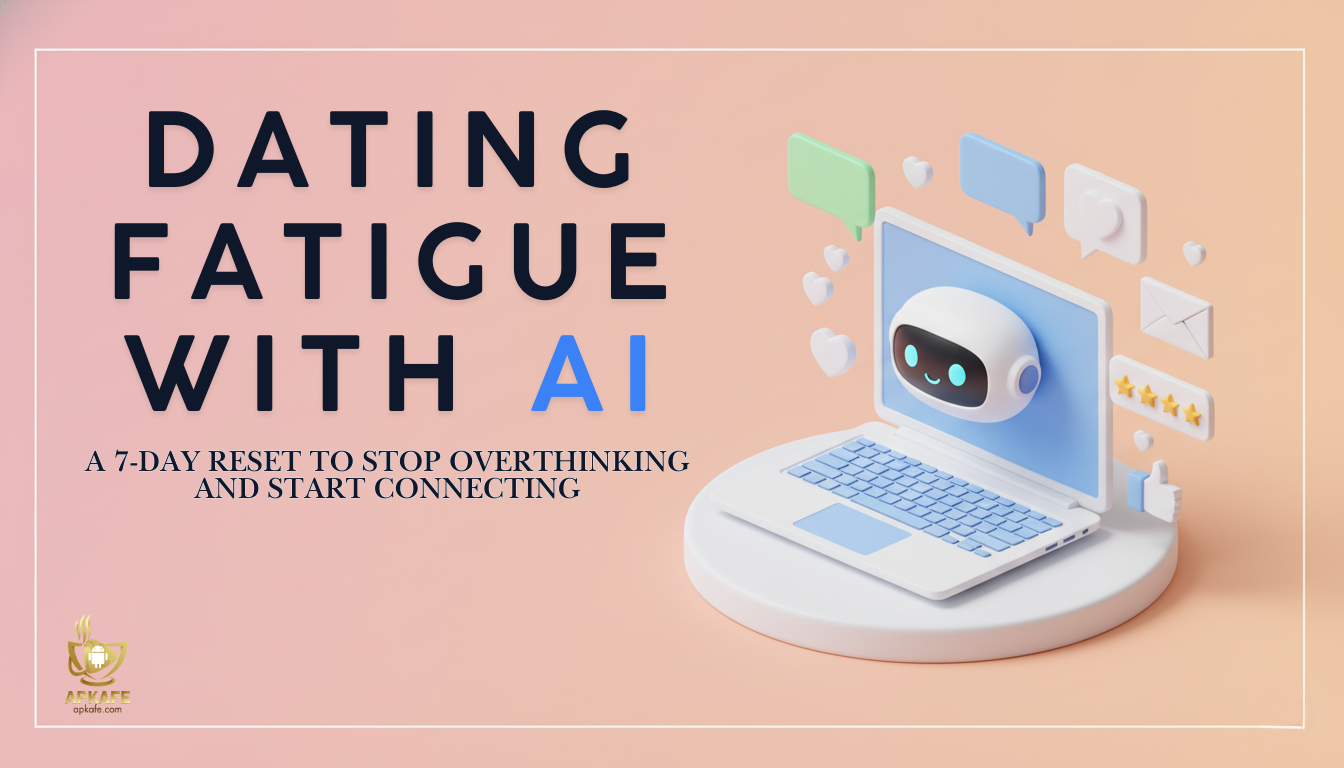10 Simple Healthy Lifestyle Tips
Living a healthy lifestyle doesn’t have to mean endless workouts, cutting out all your favorite foods, or following strict routines. True health comes from small, consistent choices that improve your physical and mental wellbeing day by day. If you’ve ever felt overwhelmed by complicated fitness plans or diet trends, this guide is for you. By the end, you’ll discover ten realistic, science-backed habits you can start right now to feel more energetic, sleep better, and live a balanced, mindful life. By the end of this article, you’ll be ready to start changing your life for the better.
Introduction
Before you dive in, remember that a healthy lifestyle isn’t about perfection, it’s about progress. You don’t need to overhaul your entire routine or stick to rigid rules. The key is to find small, meaningful habits that you can actually keep and that’s exactly what these tips healthy lifestyle will help you do.
Each of the ten tips below focuses on one area of your daily life from how you eat and move to how you rest and protect your wellbeing online. Try starting with the one that feels easiest for you. Once it becomes part of your routine, add another. Step by step, you’ll create balance, energy, and long-term health without burnout.
10 Healthy Lifestyle Tips You Can Start Right Now
Ready to feel better without overhauling your life?
These simple, science-backed habits will help you build lasting energy, focus, and confidence — one easy step at a time.

Tip 1. Start Small and Stay Consistent
Big transformations begin with small, daily actions.
Most people fail because they try to change too much at once. Pick one simple goal—like walking after lunch or sleeping earlier—and repeat it daily for a week. Once it becomes second nature, add another. Small wins build momentum.
Tracking helps too. Use a calendar or free habit tracker app to celebrate progress and stay motivated.
Tip 2. Make Your Goals Visible
Seeing your goals daily keeps them alive in your mind.
Write your health goals on sticky notes or keep them on your phone lock screen. Visual reminders act like friendly nudges to stay on track.
Apps with simple dashboard widgets—such as step counter apps, making it easy to check your progress without stress.
Tip 3. Eat Mindfully, Not Perfectly
Nutrition is about balance, not restriction.
Forget “good” and “bad” foods. Instead, focus on whole, colorful meals: vegetables, fruits, grains, and proteins. The 80/20 rule works—eat nutritious meals most of the time, enjoy your favorites occasionally.
Mindful eating means slowing down. Notice textures, flavors, and hunger cues. Studies show this approach helps manage weight and digestion naturally.
Tip 4. Stay Hydrated Throughout the Day
Water keeps every system in your body running smoothly.
Dehydration can cause fatigue and headaches. Keep a bottle near you and sip regularly instead of waiting until you’re thirsty.
Try hydration reminder apps to build consistency. Most allow you to set quiet alerts and track your intake safely.
Tip 5. Move Every Day (Even Briefly)
Your body thrives on motion, not perfection.
You don’t need a gym membership—movement in any form counts. Walk while on calls, stretch between meetings, or dance for five minutes. The key is frequency, not intensity.
Even short breaks improve blood flow and mood. If you like structure, use home workout apps for guided routines that fit your schedule.
Tip 6. Stretch and Rest Your Body
Flexibility and rest prevent burnout and injury.
Stretching for 5–10 minutes daily improves posture and reduces tension from long sitting hours. Combine this with deep breathing to reset mentally.
Recovery days are crucial—your muscles and mind need downtime. Overtraining leads to fatigue; balance activity with rest for better results.
Tip 7. Prioritize Quality Sleep
A rested body performs better, looks better, and feels calmer.
Aim for 7–9 hours of sleep each night. Keep a consistent bedtime, dim the lights, and avoid screens one hour before sleeping.
Use sleep tracker apps to understand your sleep cycles, but don’t stress over numbers. Focus on patterns that make you feel genuinely rested.
Tip 8. Unplug and Recharge Mentally
Your mind needs digital rest as much as your body needs physical rest.
Constant notifications can drain your focus. Try a 30-minute “digital detox” each evening—no screens, just breathing or reading.
Use your phone’s “Do Not Disturb” mode or meditation apps to help you unwind. Many users report better sleep and mood within days.
Tip 9. Stay Connected and Positive
Social wellbeing is a vital part of health.
Spend time with people who uplift you. Join supportive communities—online or offline—that celebrate progress, not perfection.
If you’re feeling low, social connection can reduce stress hormones and strengthen immunity. Choose platforms that protect your privacy and mental health.
Tip 10. Protect Your Privacy and Health Data
Healthy living includes digital safety.
Health apps can be helpful, but review their permissions and data-sharing policies. Turn off unnecessary access, prefer on-device storage, and delete unused accounts.
In the U.S., check for HIPAA-compliant apps to ensure your health data stays secure. Your wellbeing includes protecting your information as much as your body.
Daily Health Habit Checklist
| Task | Frequency | App/Tool | Privacy Reminder |
|---|---|---|---|
| Drink 6–8 cups of water | Daily | Hydration reminder app | Turn off location |
| Move for 20–30 minutes | Daily | Fitness tracker app | Disable social sharing |
| Sleep 7–9 hours | Nightly | Sleep tracker | Store data locally |
| Eat balanced meals | Each meal | Meal logging app | Review permissions |
| Practice mindfulness | 10 min/day | Meditation app | Avoid public Wi-Fi |
Health, Safety & Privacy
- Educational only — not medical advice. This guide provides general wellness information.
- Listen to your body. Stop and seek help if you feel pain, dizziness, or shortness of breath.
- Consult a professional before major changes in diet, supplements, or workouts.
- Apps are not medical devices. Use them for motivation and tracking, not diagnosis.
- Privacy: Review permissions, limit sharing, and prefer on-device data storage.
FAQs
- What’s the easiest way to start a healthy lifestyle?
Start with one small change—like walking daily or drinking more water—and build gradually. - How long does it take to form a new habit?
Usually 6–8 weeks of consistent repetition makes a habit feel automatic. - Can I still eat dessert or comfort food?
Yes. A healthy lifestyle includes balance, not restriction. Follow the 80/20 principle. - Are fitness apps necessary?
Not required, but they help with tracking and accountability if you prefer structure. - How do I keep my health data private?
Check each app’s permissions, disable cloud sync if not needed, and avoid public Wi-Fi for sensitive data.
🔗 Related Reads on APKAFE
- Fitness Tracker Apps
- Home Workout App
- Sleep Tracker Apps
- Meditation Apps for Mindfulness
- Hydration Reminder Apps
Final Thoughts
Healthy living isn’t a competition — it’s a lifelong relationship with your body and mind. Focus on progress, not perfection. Celebrate each step, rest when needed, and protect your privacy while using digital health tools.
Start with one small change today. Your healthier, happier life begins with that first conscious choice.
User Reviews










